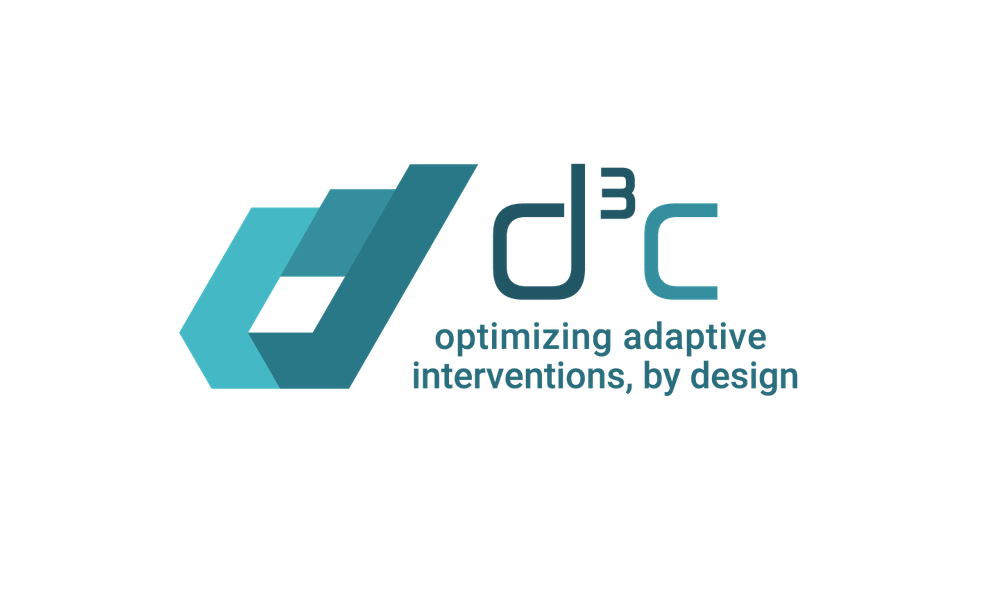Adaptive Interventions for Minimally Verbal Children with Autism Spectrum Disorder in the Community
Adaptive Interventions for Minimally Verbal Children with Autism Spectrum Disorder in the Community
An estimated 30-40% of school-aged children with an autism spectrum disorder (ASD) remain minimally verbal even after receiving years of interventions. These children require an intervention approach that simultaneously (a) consolidates early success in treatment and (b) intensifies treatment given signs of early non-response in order to place all children on a positive, long-term course. The overarching aim of this Network study is to construct an adaptive intervention that utilizes two efficacious interventions (JASP-EMT and CORE-DTT) that rely on distinct intervention procedures and that show promise for optimizing the number of unique socially communicative and spontaneously spoken words in minimally verbal children with ASD. JASP-EMT (Joint Attention, Symbolic Play and Enhanced Milieu Teaching) focuses on creating a context for joint engagement within naturally occurring, child-led play activities. CORE-DTT (discrete trial training for core features of ASD) emphasizes didactic, adult-led instruction. The study utilizes a novel sequential multiple assignment randomized trial to evaluate and construct an optimal adaptive intervention. Children will be initially randomized to six weeks of JASP-EMT or CORE-DTT (first-phase treatment). After six weeks, children will be assessed for early non/response. Early responders will be randomized to staying the course on first-phase treatment with therapist intervention or to therapist plus parent training. Early non-responders to either first- phase treatment will receive both JASP-EMT and CORE-DTT in an attempt to maximize language outcomes. Children will receive intervention daily at school for 4 months total. Outcome assessments will occur at 4 and 8 months. With support from a Data Coordinating Center involving SIStat at UCLA and University of Michigan, the study will enroll 192 children with ASD across four sites, Los Angeles, Nashville, New York and Rochester.

Principal Investigator
Key Collaborators
Daniel Almirall (Direct Sponsor: UCLA; PI: Connie Kasari)
Funding Source
National Institutes of Health (NIH)/National Institute of Child Health and Human Development (NICHD) – R01 HD073975